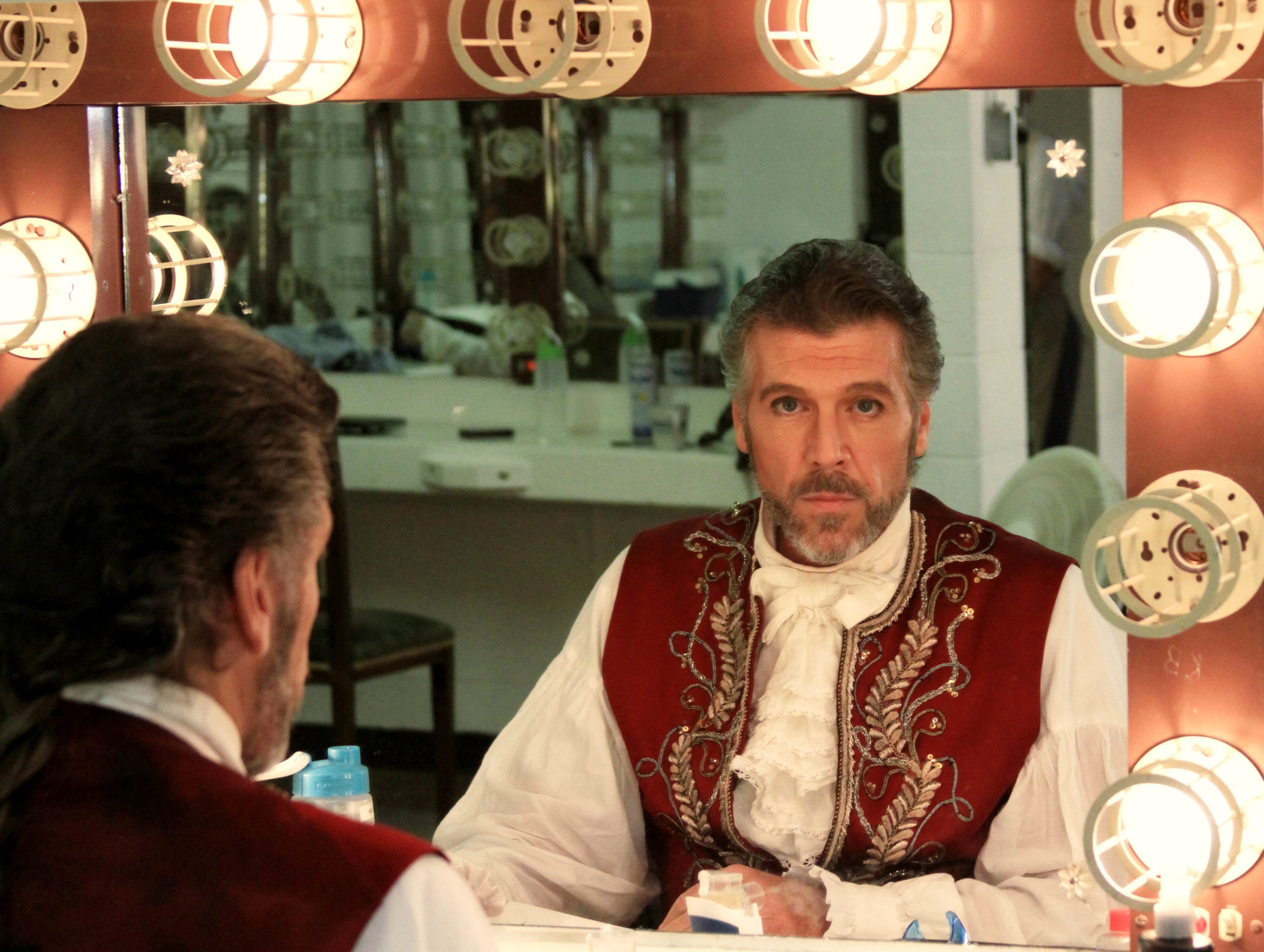

South Pole: Thomas Hampson (Roald Amundsen) That’s not big news in the world-everybody has that, I suppose.

And that the skeletons in his closet included completely unfinished relationships. But it was essentially articulating Amundsen’s self-sacrifice, almost in a negative way, of his own life to his discipline to reach his goals. I’m not sure that we either have that right, or that we have that information. Some of it was reaching right into Amundsen’s life, which I was slightly uncomfortable with. Holloway and Srnka, for the dramatic reasons that they had, accentuated a certain ambivalence that he had to his woman complex. So I’m afraid I didn’t do any Daniel Day-Lewis moments. I really wanted to go up to the Fram Museum in Oslo, but I didn’t get to that either. I think regardless of what you’re looking at, you get this sort of emptiness, this void of life. So it is kind of astounding that Srnka could kind of conjure up this feeling of loneliness, and even coldness, in his score. Opera is a musical art form, in my opinion. If it was a filmed-location thing, we’d probably freeze our asses off. If you were an actor, Daniel Day-Lewis say, you would have spent at least a month alone in the snow to prepare for your role as Amundsen. In the opera “South Pole,” you play an antarctic explorer. I think that everybody feels that his voice is far less interesting in its recorded state than what you would hope it is in your imagination.

Sometimes what you hear is not necessarily true. But recordings, especially of voices, are a science unto themselves. I’m always looking to find a way of recording that gets me the richer, juicier sound that I want. My singing voice is probably a little drier than I hear it in my head-I’m always a little bit startled by that. Can you describe the difference between your voice as you hear it and as it sounds in recordings? However, I’ve enjoyed recording, and I feel very passionate about what I sing when I’m working on it. I’ve always had an ambivalent relationship to my own recordings I don’t listen to them. Then, you start recording your voice, and most of us want to throw up. You have to know that your voice is vibrating and functioning, whether you get any kind of acoustical feedback or not. Because that’s the only way we can protect ourselves against very unpleasant acoustics.

Certainly we hear things in our head, but I sing much more by radar than I do by sonar. We as singers are guided mostly by our sensations. The fact, or the bane, of any singer’s existence, is that we can’t hear ourselves. Thomas Hampson: That’s a wonderful question-I don’t think I’ve ever been asked that before. Does your singing voice sound different to you on recordings than it does when you’re singing? VAN: When we listen to our own voices on recordings, they sound very different than they do to us when we’re speaking. At one point in our conversation, a painting in the lobby mysteriously fell from the wall to the ground of its own volition. “Thomas Hampson never shows up alone,” I was told. He was only very slightly late, but the well-meaning members of the of the club seemed worried. I met Thomas Hampson for an interview before the meeting of a Munich opera club, where he was scheduled to speak.


 0 kommentar(er)
0 kommentar(er)
